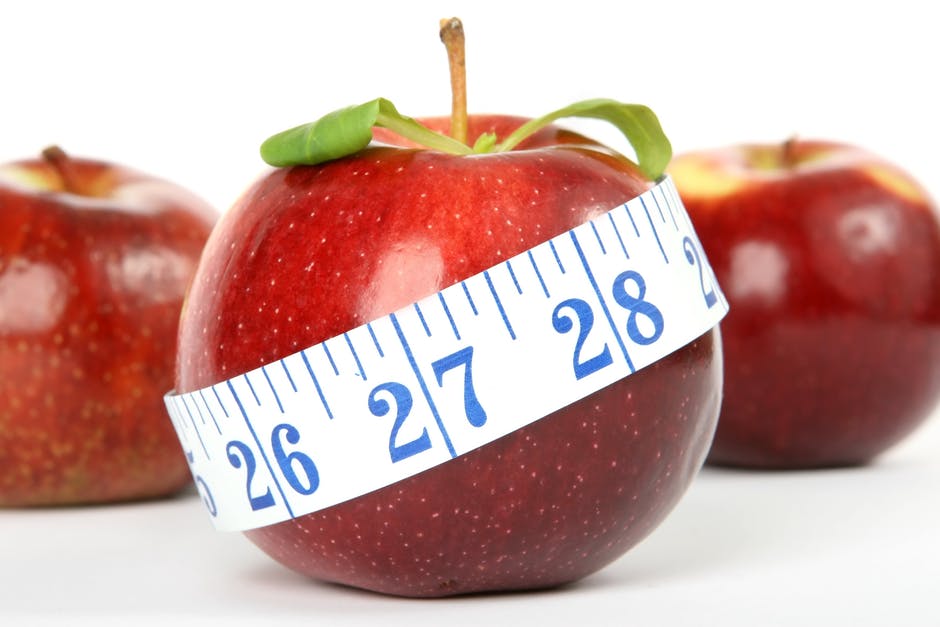When someone finds out I’m a nutrition coach, one of the first things they want to know is which diet philosophy I promote. Paleo or vegan, high carb or low carb, intermittent fasting or frequent meals?
There are so many different diet dogmas. We want to categorize people quickly; decide if they’re a friend or a foe. It’s disappointing to many that I don’t advocate one perfect diet.

Diet Dogma
Eating is central to what it means to be human. People often choose their dietary practices based on much more than nutrition science or taste alone. So much goes into a person’s food choices, from cultural history to their most deeply held values about themselves and their beliefs about the world. So, it’s no wonder that people often attach their identity to how they eat. They become diet evangelists.
Your identity is more than what you eat, and if you can move beyond the idea of one right way to eat, the good news is that you don’t have to worry about fitting yourself into a certain diet box and set of rules.
The human body is incredibly adaptable, which is why many different diets have produced great results for many different people. Folks often assume that the diet that worked for them is the diet that will work for you. It’s THE diet. The one right way. This isn’t always the case, and in fact, the diet that worked for you in the past may not even be the diet that works for you now.
The foods that best fuel you depend on a variety of factors, including your goals and your unique physiology. Without learning a bit about who you are, it’s impossible for me to give a blanket diet recommendation.

Comparing Common Diets
Nutrition science is always evolving and pop nutrition is constantly pushing the merits of the newest ‘diet of the month’. So how do you sort through it all and figure out how to be healthy?
How can such different diets work for so many people? Even though some diets appear to have opposing rules, they actually may be much more similar than we realize.
For instance:
- Diets help you raise awareness of what you’re eating. Paying attention to something is the first step towards changing it. Furthermore, most ‘diets’ produce weight loss because they create a calorie deficit, whether that’s caused by eating an abundance of plant fiber which fills you up or animal protein and saturated fat which satiate you.
- Many popular diets promote high food quality. They suggest you eat more whole, unprocessed, nutrient-dense foods, and less packaged junk food. Making up nutrient deficiencies and eating adequate protein, fiber and essential fatty acids will help anyone feel better, whether those nutrients are coming from a Paleo diet or a vegan diet or any other diet. Again, eating more real food and less junk leads to natural appetite control.

Personalized Eating
Rather than adhering to a specific diet dogma, I find it far more useful and effective to look into who you are. As similar as we humans are, we all intuitively know that we’re quite different when it comes to our unique physiology. For example, Tim from HR seems to thrive on a high fat, low carb diet, while you can’t seem to drag yourself out of bed when you eat bacon and butter all day.
Instead of a set of diet rules, reaching your specific goals begins with questions.
What does your diet look like now? How old are you? Do you have a history of extreme dieting or overtraining? What are your current exercise habits like? What are your stress and sleep habits like? What foods do you prefer? What’s your budget? What does your lifestyle look like? Do you like to cook? All these and more will factor into finding the “perfect diet” for you.
Everyone has a different genetic makeup, metabolic history, and hormone profile. Furthermore, everyone has different tastes and preferences, different budgets, and different lifestyle factors to take into consideration.
Rather than giving a client one prescribed diet as the only option, a good coach will work with a client’s unique situation to determine what will fit into the client’s life in a *sustainable* way. It doesn’t matter how healthy Brussels sprouts are if they’re on your meal plan and you’re not going to eat them.
Don’t Waste Mental Energy on Diet Stress
The important thing is to determine what works for YOU. That takes time and experimentation. It’s a strategic process. Whether you do this on your own or with the support of a coach, finding what works for you, at this point in your life, helps you reach your goals faster, with much less distraction and frustration.
So, my answer is that the perfect diet is unique to your physiology, your preferences, your lifestyle, and your budget. The magic is in using reliable principles and best practices. Instead of giving you a “diet plan”, we look at your habits, and strategically and gradually change them to give you lasting results.


3 Replies to “The Best Diet”